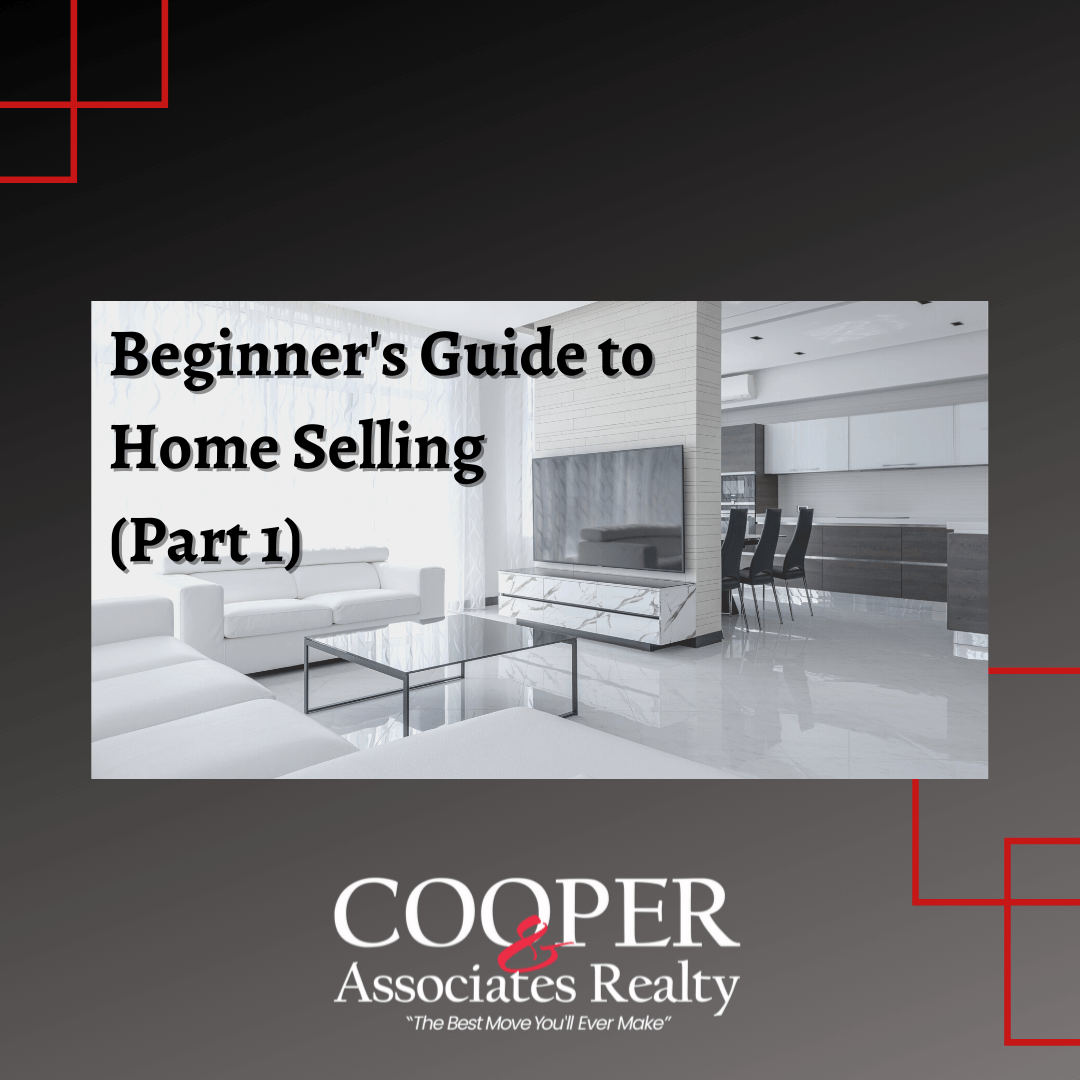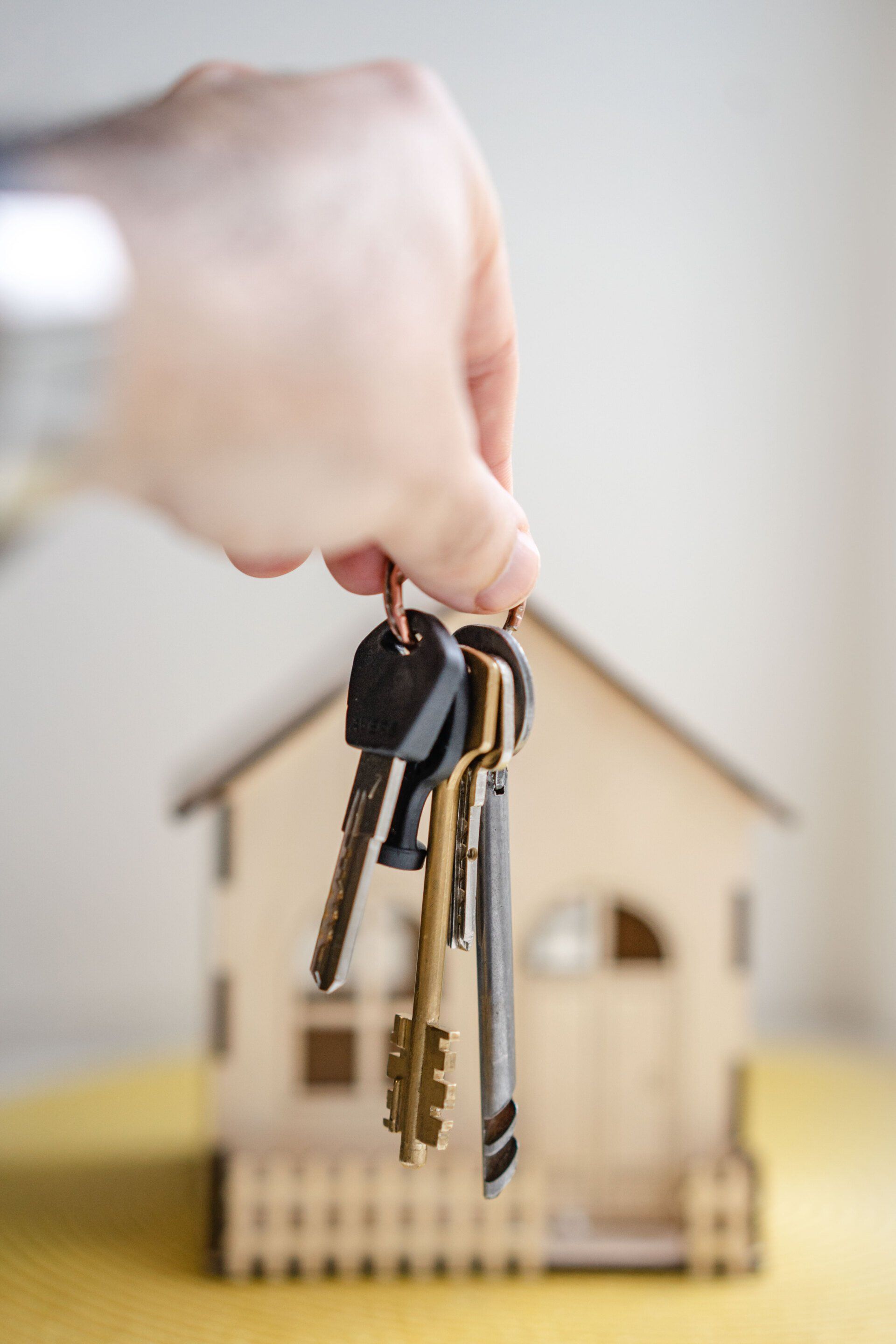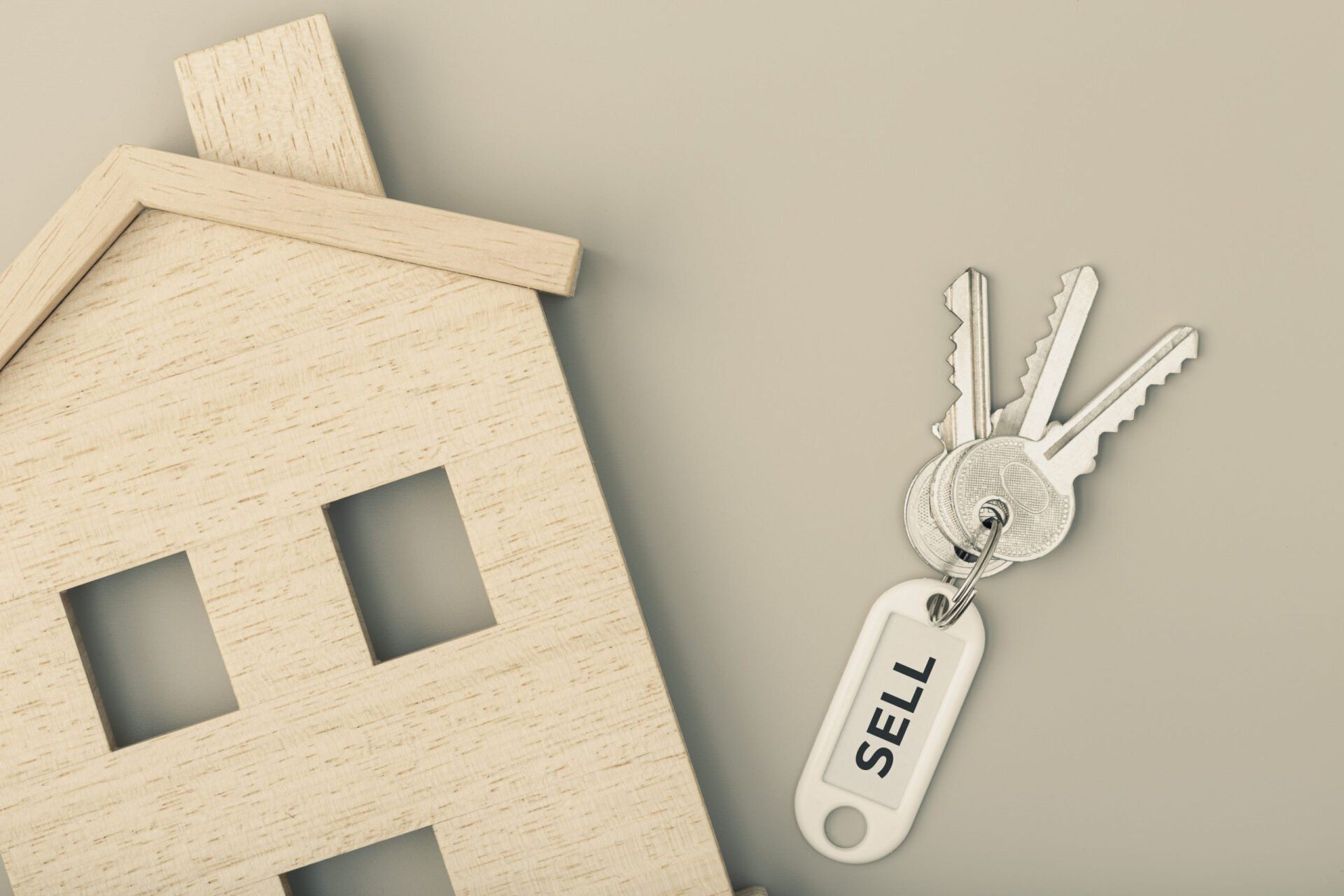How to Sell Your Home: A Guide For First-time Home Sellers (Part 1)

Selling your home can be intimidating, especially if you’re doing it for the first time! As you prepare to say goodbye to your home, you are also looking for ways to maximize the return on your investment. You have a financial and emotional task right before you.
Fortunately, there are steps you can take that can reduce your stress and help you achieve the ultimate goal of selling your home for the first time. That is, making the experience both emotionally and financially rewarding!
Cooper & Associates Realty’s Guide to Home Selling (Part I)
Cooper & Associates Realty has excelled in helping clients with selling and buying homes for more than two decades. We have mapped out a guide to help first-time home sellers make this big move a great one.
This blog post is the first part of the guide. It will tackle what you need to do to get ready and get the ball rolling in the right direction.

1. Prepare your home and finances. Find time to evaluate your financial situation before you search for a Realtor, look for a buyer, or get your Home for Sale signage.
Here are a few steps to help you get organized:
- Know how much your home is worth.
How much can you get from selling your home? Years ago, the only way to determine the value of your home was to hire an appraiser who would schedule an on-site visit and perform a home value analysis. The whole process cost several hundred dollars and could take a few weeks. Today, you can get in touch with a real estate professional for a no-obligation home value analysis. Get a comprehensive market report and see your home value
here.
- Calculate your equity.
Equity is the value of a home minus the amount you owe on your mortgage. According to the National Association of Realtors, the average homeowner with a mortgage gained $33,400 in equity nationwide between
Q1 2020 and Q1 2021. This is a significant increase compared to previous years and favors home sellers.
- Estimate your net profit.
Your home equity is not the same as the amount of money you'll make from the sale. You'll need to account for things like agent commissions, taxes, and other fees when you sell your home to get a fair amount of your net profit.
- Start organizing and packing. Moving will take more time than you think. It's never too early to start packing! Start clearing out your things and putting them in boxes. Besides, you would need to declutter to get your home ready for showings.

2. Work with an experienced Real Estate Partner. There are numerous resources available online that can assist you with selling your property on your own. However, working with a stong real estate agent will save you a lot of time and effort and headache.
Here are a few things to remember when searching for a real estate partner:
- Work with a top local agent.
It takes the best real estate agent to deliver the best results. They know local neighborhoods well and can connect you with reputable service providers that you will need including inspectors, movers, home staging specialists, and so much more!
- Get to know their relevant experience.
How long have they been in business? Are they familiar with selling your property type? Every home seller has different needs and goals and it pays to work with a real estate agent who has ample experience and skill set to get you the outcome that you desire.
- Determine how they can help you. What is their process for home-selling? Are you on a tight timeline? Need a seamless transition from your current home to your new one? This is the best time to let them know your preferences. At Cooper & Associates Realty, we can help you sell your current home and move to a new one!

3. Set the right price for your home. Getting a home valuation estimate was simply the first step. Now that you have a real estate agent and are closer to putting your home on the market, you must also choose accurate and strategic pricing for your property.
Here are a few things to consider:
- Request a pre-listing inspection.
Before you put your house on the market, get it inspected to make sure it's in good working order. Homebuyers may negotiate for repairs. A home inspection can safeguard you from pricing your home and then having that price reduced by tens of thousands of dollars afterward.
- Read through your agent’s market report.
Take time to review the marketing report from your agent. Local real estate agents should know your neighborhood well and can put together a comparative market report to help you zero in on the best price for your home.
- Establish a pricing strategy. Don’t be alarmed if you can’t set a price straight away. Remember to consider factors outside of your home’s intrinsic value that could affect its price and overall market appeal. Some things that can factor into the price of your home include the surrounding views, a spacious and well-kept yard, and the safety and popularity of your neighborhood. The timing of your home sale is another consideration worth discussing with your real estate agent. Because they know the ins and outs of the housing market, they can help you work out the best pricing strategy for your home.
The initial part of home-selling is where you do the most research and analysis. Next comes the more exciting part — preparing your home for the market!
Watch out for the Second Part of our Guide To Home Selling in the next blog post!
Cooper & Associates Blog







